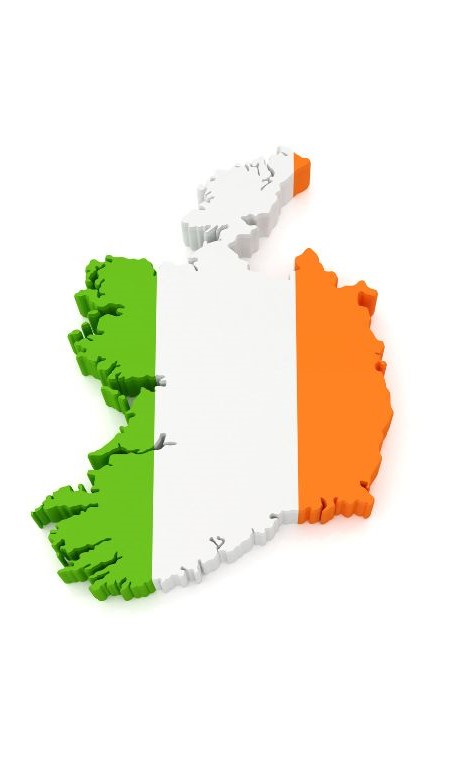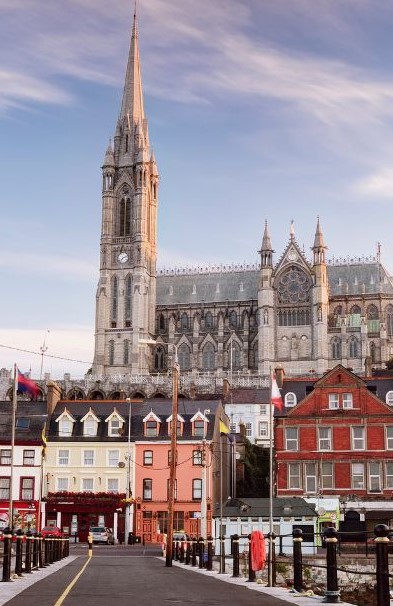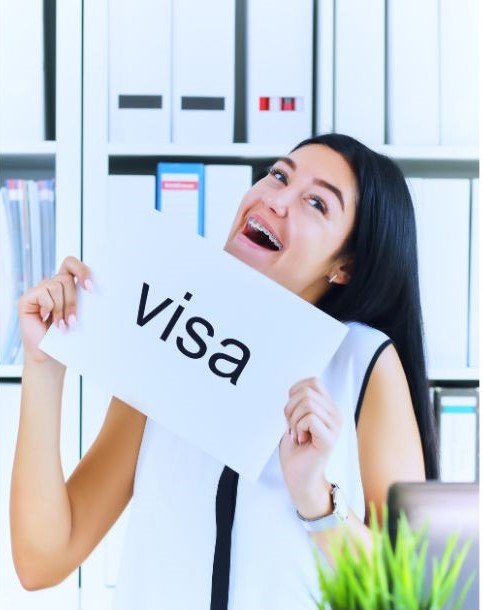Irish Visas: A Guide to Entry and Stay in Ireland
Navigating The Irish Visa Application Process

If you’re planning a trip to Ireland, whether for business, study, work, or to explore its stunning landscapes, understanding the visa requirements is helpful for a smooth entry and stay. This guide aims to provide information on the various types of visas available for Ireland and the necessary steps to ensure your journey is hassle-free.
Irish Visas
Ireland’s visa system accommodates various purposes, from short-term visits to long-term stays. Depending on your nationality and the nature of your visit, you may need to apply for a visa before entering the country.
Key Points:
- Visa-Free Entry: Citizens of the EU and UK do not need a visa to enter Ireland. Additionally, the Visa Waiver Programme allows nationals from certain Eastern European, Middle Eastern, and Asian countries who hold a UK short-stay visa to travel to Ireland without needing a separate Irish visa.
- Visa Categories: Irish visas are categorised into C Visas for short-term stays (up to 90 days) and D Visas for long-term stays (over 90 days).
Irish Visa Categories Explained
- Ireland C Visas (Short-Term Stay): These visas are for stays of up to 90 days. They are typically used for tourism, short business trips, attending events, and other temporary visits.
- Ireland D Visas (Long-Term Stay): These are for individuals planning to stay in Ireland for more than 90 days. This category includes work, study, retirement, and family reunification visas.

Types of Irish Visas
Here’s a breakdown of the most common types of visas you might need when travelling to Ireland:
1. Business Visa
- Purpose: Business travellers visiting Ireland for meetings, conferences, or other professional purposes.
- Duration: Up to 90 days.
2. Conference or Event Visa
- Purpose: To attend conferences, seminars, or events in Ireland.
- Duration: Up to 90 days.
3. Critical Skills Employment Visa
- Purpose: For highly skilled workers whose expertise is in demand in Ireland.
- Duration: Long-term stay; requires a job offer and is a pathway to permanent residency.
4. Employment Visa (Atypical Working Scheme)
- Purpose: For short-term work in Ireland under the Atypical Working Scheme, which covers specific types of employment that don’t fall under standard employment permits.
- Duration: Varies, typically up to 90 days.
5. Exam Visa
- Purpose: For individuals needing to enter Ireland to sit for an exam.
- Duration: Up to 3 months.
6. Child Dependent Visa
- Purpose: For children joining their parents, who are residents of Ireland.
- Duration: Long-term stay, typically linked to the parent’s visa or residency status.
7. De Facto Partner Visa
- Purpose: For genuine, long-term partners of Irish citizens or residents.
- Duration: Long-term stay, provided the relationship meets certain criteria.
8. Internship Visa
- Purpose: For full-time students offered paid work experience in Ireland.
- Duration: Typically, up to 12 months.
9. Working Holiday Visa
- Purpose: For young people (usually aged 18-30) from certain countries who wish to work and travel in Ireland.
- Duration: Up to 12 months.
10. Marriage Visa
- Purpose: For partners of Irish citizens or residents who plan to marry in Ireland.
- Duration: Short-term for marriage; long-term if applying for residency afterwards.
11. Medical Treatment Visa
- Purpose: For those entering Ireland to receive medical treatment at a private hospital.
- Duration: Typically, up to 90 days.
12. Retirement Visa
- Purpose: For individuals wishing to retire in Ireland, provided they have sufficient income or savings.
- Duration: Long-term stay; requires proof of income of at least €50,000 annually.
13. Spouse Visa
- Purpose: For spouses or civil partners of Irish citizens or residents.
- Duration: Long-term stay, often tied to the sponsor’s residency.
14. Study Visa
- Purpose: For students enrolled in educational courses in Ireland, ranging from short courses to university degrees.
- Duration: Varies depending on the length of the course.
15. Tourist Visa
- Purpose: For short-term visits to Ireland, such as holidays or visiting friends and family.
- Duration: Up to 90 days.
16. Training Visa
- Purpose: For individuals participating in training courses in Ireland.
- Duration: Typically, up to 90 days, but may be longer for extensive training programmes.
17. Volunteer Visa
- Purpose: For individuals volunteering with registered Irish organisations.
- Duration: Over 90 days.
18. British-Irish Visa Scheme
- Purpose: Allows Chinese and Indian nationals holding a UK short-stay visa to travel freely between the UK and Ireland without requiring a separate Irish visa.
- Duration: Tied to the validity of the UK visa.
The Irish Visa Application Process
Applying for an Irish visa typically involves the following steps:
- Determine Your Visa Type: Based on your purpose of visit, identify the correct visa category.
- Complete the Application Form: Fill out the online application form on the Irish Naturalisation and Immigration Service (INIS) website.
- Gather Required Documents: Collect all necessary documents, including your passport, proof of purpose (such as an invitation letter for a conference or a job offer), financial statements, and any other supporting evidence required for your visa type.
- Submit Your Application: Depending on your location, submit your application online or at an Irish embassy/consulate. Ensure you pay the required visa fee.
- Attend an Interview (if required): Some visa applications may require an in-person interview at an Irish consulate or embassy.
- Await a Decision: Processing times vary, so apply well before your intended travel dates.
- Registration Upon Arrival: If your stay exceeds 90 days, you must register with an immigration office or Garda station and obtain a residence permit upon arrival in Ireland.
Staying in Ireland: Registration and Residency
Registration with the local authorities is usually required for those planning a long-term stay in Ireland. Within 90 days of your arrival, you’ll need to visit an immigration office or Garda station to register your stay and obtain a residence permit.

Conclusion
Navigating the visa system is key to ensuring a successful and stress-free entry into Ireland. Whether you’re visiting for business, study, work, or leisure, understanding the visa requirements and categories will help you make the appropriate preparations.
Apply well in advance and provide all the necessary documentation to avoid delays in your travel plans. With the right visa, you can enjoy everything Ireland offers, from its vibrant cities to its stunning countryside and rich cultural heritage.


Avoid Errors - Get Expert Help with Your Irish Visa Application
Planning to enter or stay in Ireland? Let our experts guide you through the Irish visa application process with tailored advice for a positive outcome.
Planning to enter or stay in Ireland? Let our experts guide you through the Irish visa application process with tailored advice for a positive outcome.


